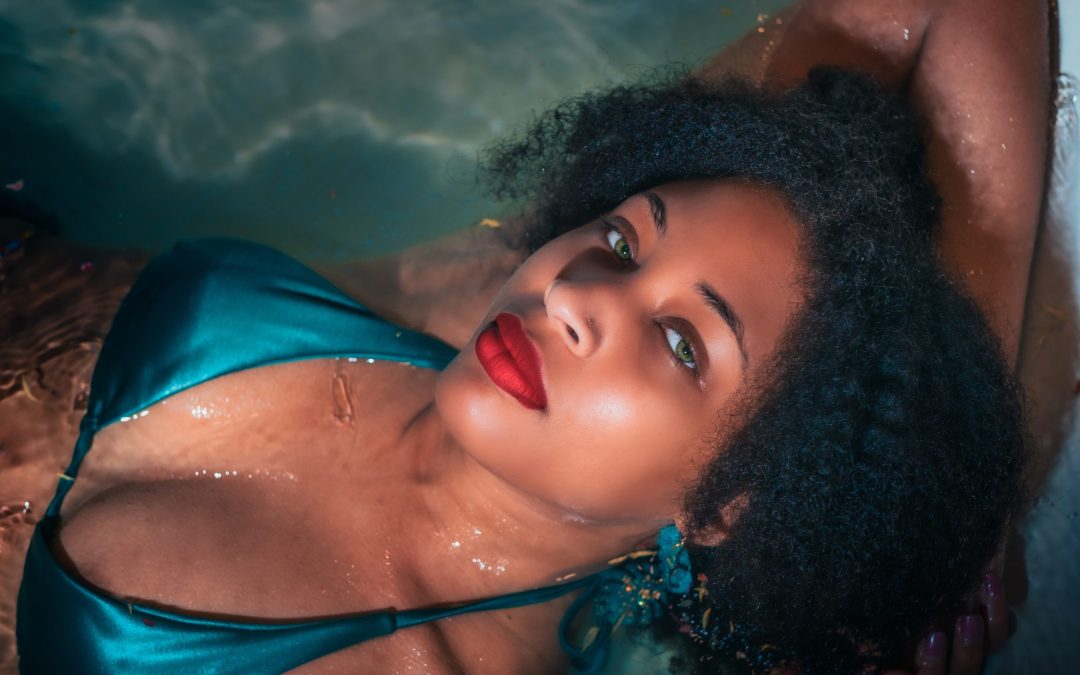Have you ever wondered how media affects body image negatively? Consider the following scenario:
Next thing you know, you’re looking up from your mobile device, comparing your waist to the waist size of the two women ahead of you in line.
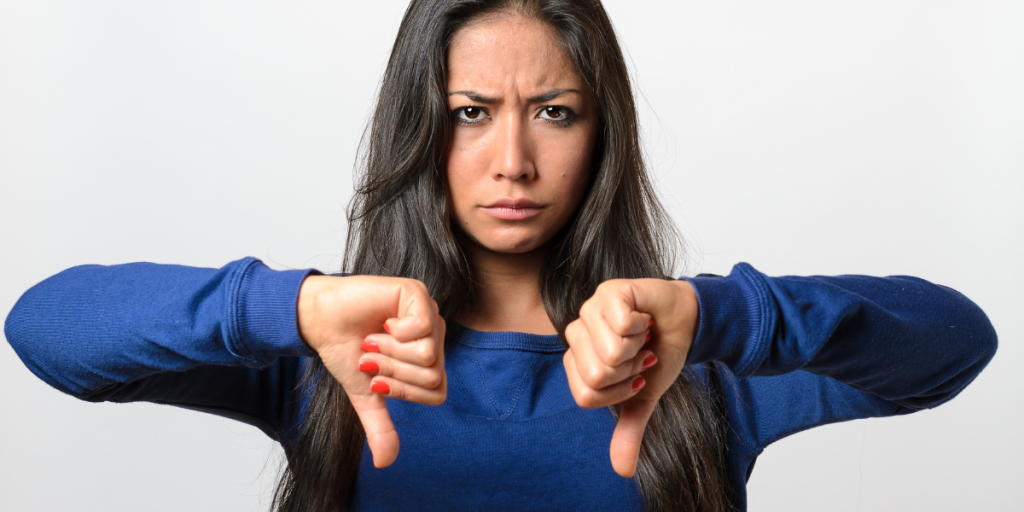
The spiral continues. As you glance at the magazine covers, your yoga pants suddenly feel too tight. You can’t help but compare yourself to the perfect, airbrushed, beautiful women with bright white teeth smiling at you from the magazine stacks. All this while you’re scrolling through your Instagram feed, feeling worse about yourself with every image you see. So much so that you remove the Oreos and Ben and Jerry’s from your shopping cart.
More often than not, media affects body image negatively.
Media includes the old fashioned kind, such as television commercials and print ads. It also includes social media and all its networking platforms, including Facebook, Instagram, Pinterest, TikTok, Snapchat, and more. Social media is internet based and a way to communicate with the world.
Social media is one of the most popular things online. In 2020, over 3.6 billion people in the world were using social media. By 2025, the number is projected to be 4.41 billion.
On social media sites, users create personal profiles. They then share, view, comment and ‘like’ or love’ peer-generated content. Or even add an emoji if it is an extra special message. People spend hours on social media each day. In 2020, daily use averaged 145 minutes.
How exactly does media affect body image negatively?
First is the way that social media in particular increases exposure to Diet Culture ideals and contributes to negative body image.
Especially when it comes to having the perfect female body. “Perfect” as defined by cultural standards. Keep in mind that beauty ideals often change, making them that much more elusive to attain. What doesn’t change over time is the impossibility for anyone to achieve and sustain the ideal.
Media popularizes images that become the standard for how you evaluate yourself, including your weight, appearance, and worth. The images presented as ‘ideal’ are internalized and become the standard we strive toward. In pursuit of the the unrealistic-for-most-people standard, you can easily get caught up in a futile spiral of feeling increasingly worse about yourself.
Especially when you consider that on social media, people easily optimize appearance by crafting their image.
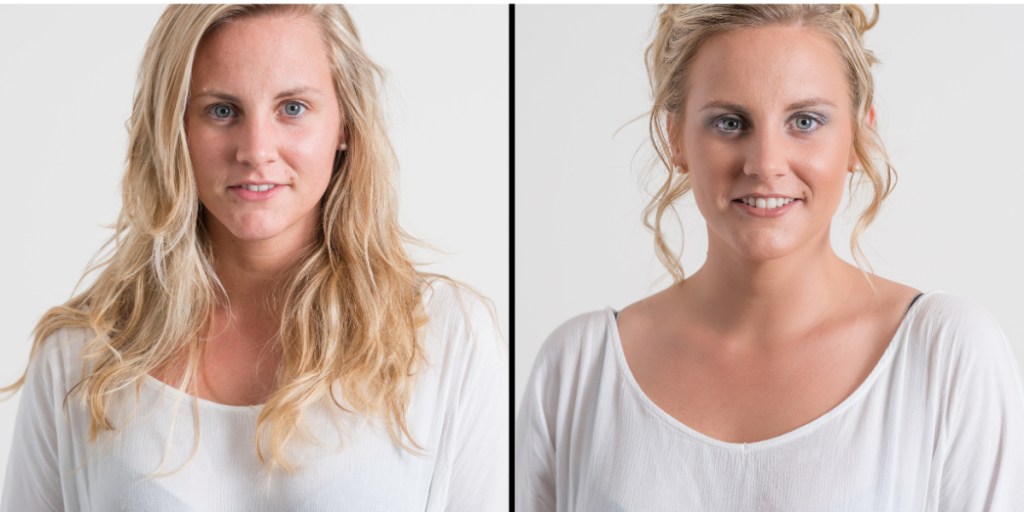
Airbrushing, use of filters, and creative editing of all sorts create a false image. Sort of like what happens in the worlds of marketing and advertising. In this case, the self —yourself—is the object, the product.
Obtaining as many likes as possible has become a fleeting way to feel good about yourself – especially when it comes to posting “selfies”. The more likes you receive, the more attractive, appealing, popular, and hotter you’re considered. But the likes are never enough. How many loves and added compliments did you receive? Worth becomes quantified and externalized. All based on a thumbs up or a heart. And, the number of reactions you’ve gotten for other people to see. (And for them to compare themselves to you.)
Images are often sexualized. Be it in clothing, posture, or ducky-face lips.
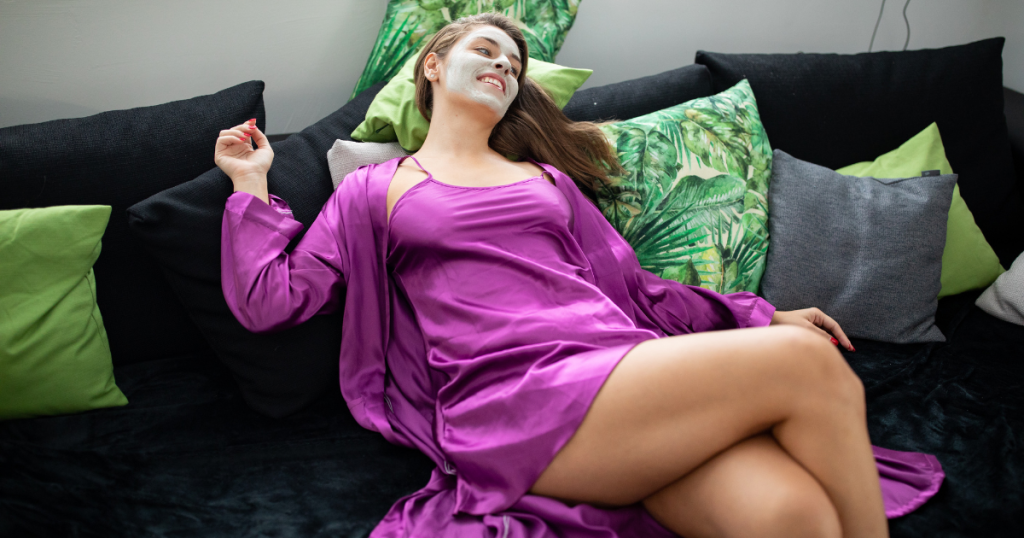
Instagram has been determined to be the most toxic social media site, followed by Facebook and then Twitter.
In the words of CNN reporter Ella Reeve, “I don’t think, as a culture, we’ve grappled with the way social media is a brainwashing machine.”
The main reason media has a negative impact on body image is social comparison.
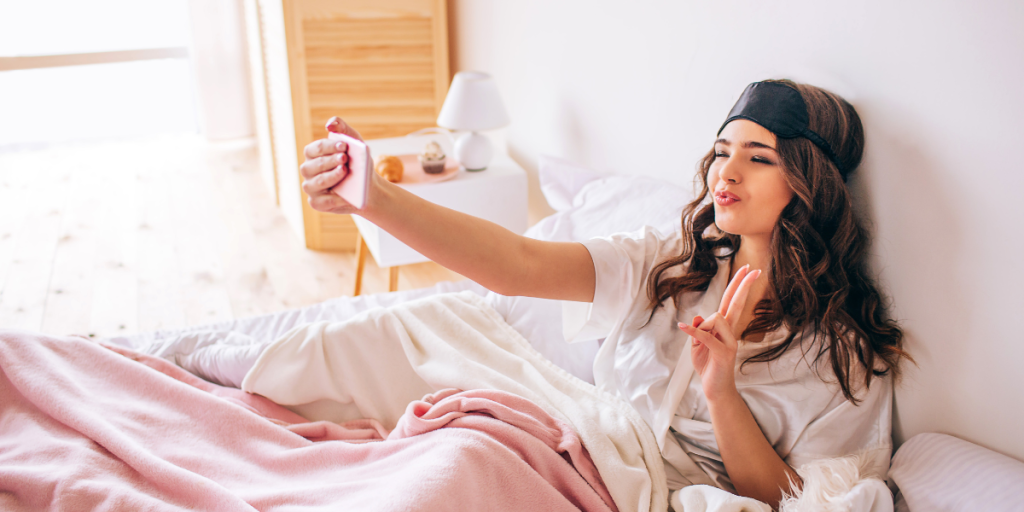
There’s a theory, aptly called Social Comparison Theory, proposed by Leon Festinger way back in 1954. The gist of it is that we evaluate ourselves by looking at those around us. We define our own value and worth by comparing ourselves to other people. Although this seems obvious, it happens so automatically that you may not even realize it.
Social media promotes upward social comparison.
By inviting social comparison, social media reduces self esteem and worsens body image. And, think of the millions of images social media provides – way more than we had available in 1954!
Even the co-founder of Facebook recognizes it’s a “social validation feedback loop“.
Here is an example of social media’s upward comparison trap, and how it impacts well being.
You look at Instagram posts. They promote the thin ideal (aka “thinspo”).
Thoughts: Disordered eating attitudes. “I am not as thin or pretty or fit as they are.” “I should be more like them.”
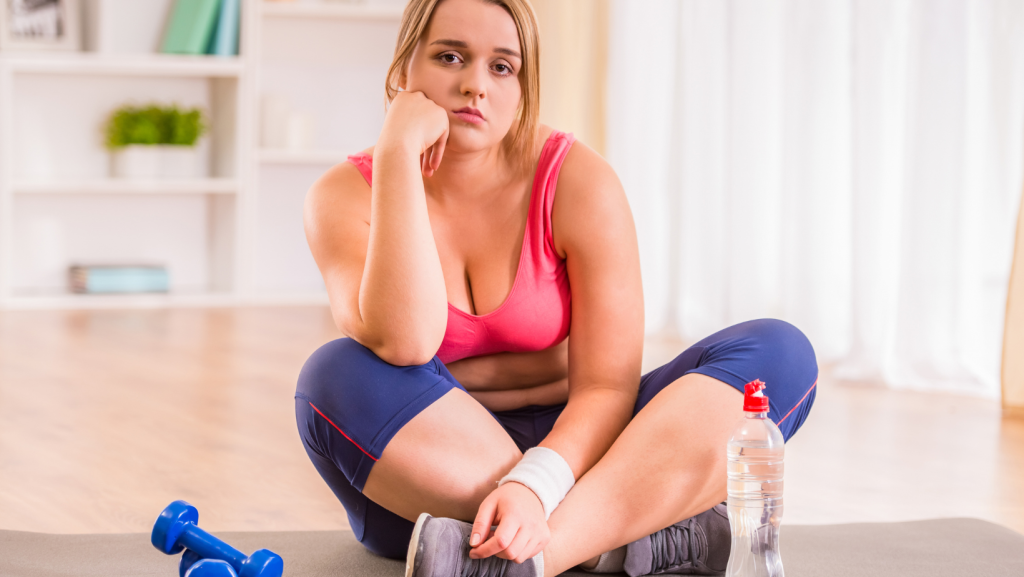
Feelings: Jealousy, inferiority, sadness, low self worth, body dissatisfaction
Behaviors: Increases in: dieting, comparisons, attempts at ‘self improvement’ and social media use
Physical sensations: decreased energy, headache, tension, pit in stomach
Unless you are aware of the trap, getting stuck in it is almost automatic. And it is all – consuming, affecting your thoughts, feelings, behaviors, and how you feel in your own body. Unfortunately, we easily internalize the images from social media, and that becomes the standard we compare ourselves against.
Social media driven images are often just an illusion. They aren’t real. But that doesn’t stop most of us from contributing, either by posting filtered selfies or ‘liking’/’loving’ other people’s carefully crafted posts.
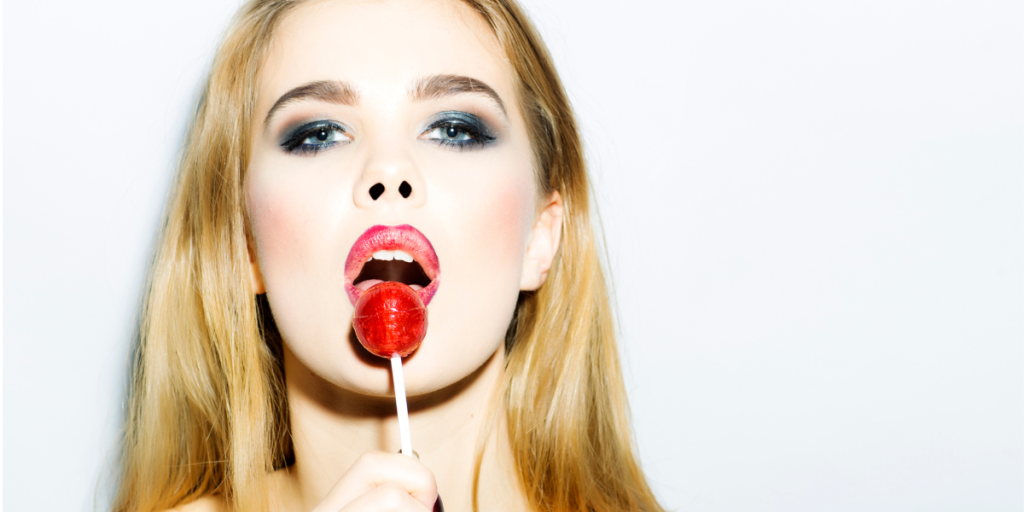
There are some basic things you can do to lessen the negative impact of social media on body image.
- Unfollow toxic accounts and instead follow accounts with diverse body types.
- Find inspiration elsewhere – perhaps filling your Insta feed with cute puppies and beautiful nature scenes instead.
- Be selective about the posts you like or love.
- Recognize that true beauty and health can’t be filtered or manipulated.
- Put your device down and go outside. Be in nature! Use your senses to take in the beauty surrounding you.
- Increasing body appreciation may be more effective than decreasing body dissatisfaction. Consider this when deciding what to post on your social media sites, and what to like, love, or comment on.
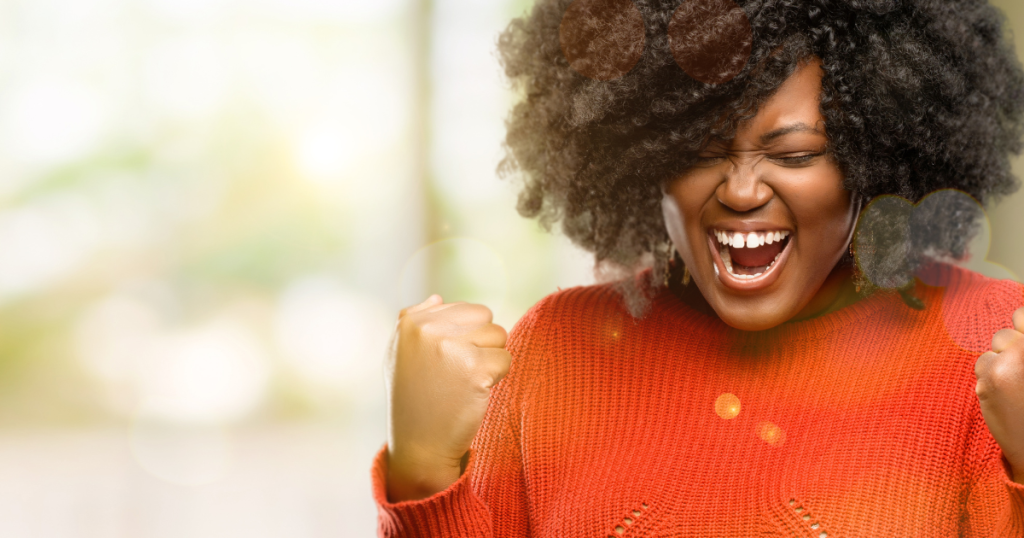
I am a clinical psychologist specializing in the treatment of eating disorders and body image. For more information, please visit me here.
